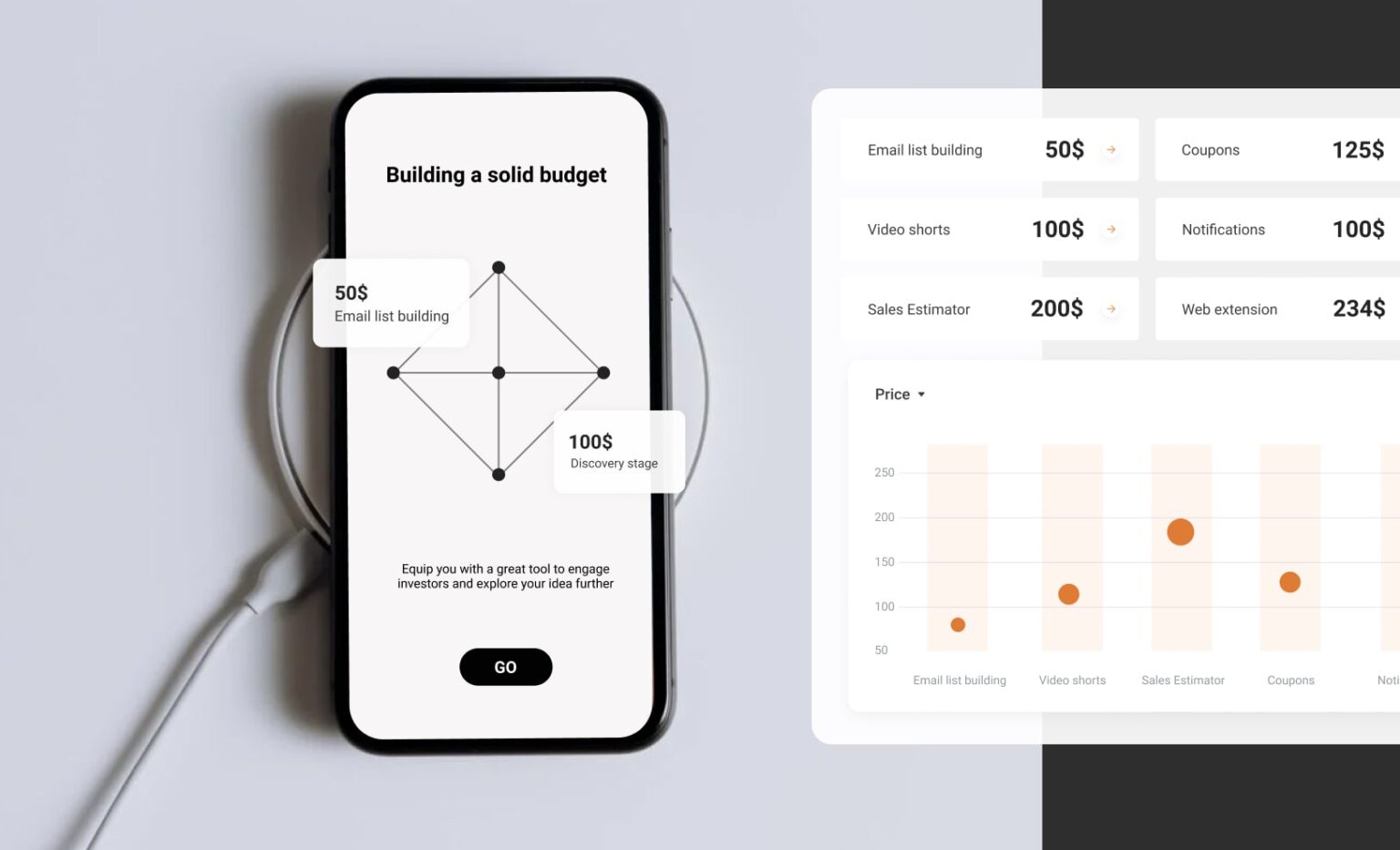Today, there are more than 250 billion mobile applications worldwide. Users spend 90% of their mobile time on apps, indicating their central role in daily activities. Therefore, providing a seamless user experience is essential and the need of the hour. Your application must be free from errors and up-to-date for efficient communication. Testing your app before launch can help you proactively identify and resolve potential issues. This approach helps mitigate risks, improve performance, and protect your brand reputation.
Investing in rigorous testing is a strategic move to ensure your app stands out and delivers exceptional user value. However, as user demand increases, mobile applications also become more complex, complicating the testing process. This blog tries to redefine the rigorous testing landscape by exploring the latest trends and methodologies. In this journey, we will also explore the benefits that comprehensive testing can bring to your application. Additionally, we will navigate strategies to control testing costs. Let’s craft dependable, secure, user-friendly apps that stand tall in today’s competitive market.
Why Rigorous Mobile App Testing Is Crucial
Rigorous testing is crucial because it ensures application stability and functionality after changes. It involves retesting the entire app or specific features to verify that recent modifications haven’t introduced new issues.
One way to make rigorous testing efficient is by creating a comprehensive suite of test cases covering all aspects of the application. Additionally, prioritizing critical functionalities is essential as it minimizes the negative impact on the user.
There are a lot of tools in the market that can help a tester to streamline the entire process. These tools not only enable quicker test execution but also ensure the stability and reliability of the application. These are a few more benefits that rigorous testing brings to your application.
Benefits of Rigorous Testing for Mobile Application
Ensuring Optimal User Experience
Users expect seamless functionality and intuitive interfaces from mobile apps. Testing helps identify and fix technical glitches, crashes, and interface issues, improving user satisfaction and reducing app abandonment. A positive user experience leads to higher retention rates, positive reviews, and increased brand loyalty.
Providing Compatibility Across Devices
With a diverse landscape of mobile devices, apps must perform consistently across various platforms, screen sizes, and hardware configurations. Thorough testing ensures compatibility, identifying and resolving device-specific issues that could lead to negative reviews and hinder user adoption.
Reducing Development Costs
Rigorous testing saves money by identifying and addressing issues early in the development cycle. Proactive bug fixing prevents costly setbacks and keeps the project on track, saving valuable resources in the long run. Investing in testing is an effective way to minimize overall development costs and ensure a successful app launch.
Strengthening Data Security
Given that mobile apps handle sensitive user information, robust security measures are crucial. Inadequate testing may leave apps vulnerable to data breaches, risking user privacy and causing legal, financial, and reputational damage. Mobile app testing incorporates security evaluations to pinpoint and address vulnerabilities, safeguarding user data against unauthorized access. Moreover, prioritizing data security through rigorous testing fosters user trust, potentially expanding and retaining a loyal user base.
Latest Trends In Rigorous Mobile App Testing
Automation Testing
Brands are increasingly turning to automation testing to ensure the functionality and performance of their apps. Automation tools like Espresso, Calabash, and Appium streamline the testing process, improving efficiency. Cross-browser and performance testing, especially after app monetization, are also vital considerations.
AI and ML Integration
With advancements in technology, AI and ML are revolutionizing mobile app testing. AI-powered testing tools enhance DevOps processes, providing continuous feedback and speeding up bug detection and resolution. Monitoring tools utilize machine learning to analyze issues and offer suggestions for improvement.
Implementation of CI/CD
Continuous Integration and Continuous Delivery (CI/CD) methodologies are widely adopted in mobile app testing. This approach allows developers to modify code modules and seamlessly push updates to the appropriate branch for a systematic and efficient testing process from the outset. Tools like Travis CI, Jira, Bamboo, and Jenkins facilitate CI/CD implementation.
Cloud-Based Mobile App Testing
Cloud platforms are becoming increasingly popular for mobile app testing due to their flexibility and scalability. Cloud-based testing eliminates the need for physical device labs, allowing simultaneous testing on multiple devices. Additionally, the virtual nature of cloud platforms enables testing anytime, anywhere, enhancing convenience and accessibility for testers.
How to Control The Cost Of Rigorous Testing Your App
Implementing these strategies allows you to optimize your app testing process and control costs without compromising quality. To control the cost of testing your app, consider these strategies:
Plan Appropriately
Define testing goals and prioritize tasks to focus on essential features. Set a quality level and stick to the plan throughout the project to avoid unnecessary expenses.
Test Early and Continuously
Start testing from the requirement collecting stage and continue throughout the development cycle. Addressing issues earlier not only speeds up the release cycle but also saves significant costs.
Embrace Automation
Use automated testing for repetitive tasks, especially in Agile projects. While manual testing has its own merits, automation is more efficient for certain tasks, reducing overall testing expenses.
Invest in Skills
Hire skilled testers with relevant expertise to ensure efficient and practical testing. Investing in the right talent upfront can save costs by completing tasks faster and with fewer errors.
Conclusion
In today’s bustling app market, rigorous testing is no longer a luxury. Instead, it is the key to success. As users’ dependency on mobile apps deepens, ensuring seamless performance becomes paramount. Rigorous testing ensures that your app performs well across all devices and OS, essential for enhancing the user’s experience. Further, integrating the latest techniques like AI and cloud streamlines the testing process. It also helps businesses save money in the long run by fixing bugs in the early development stage. Remember, investing in testing is all about crafting user-centric applications. So, let’s pave the way for app excellence through rigorous testing.

